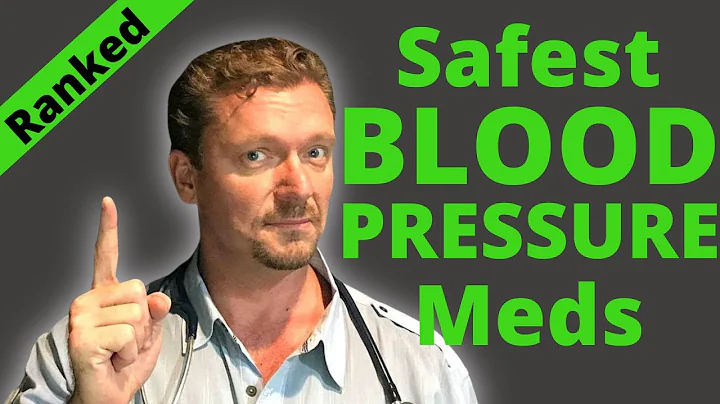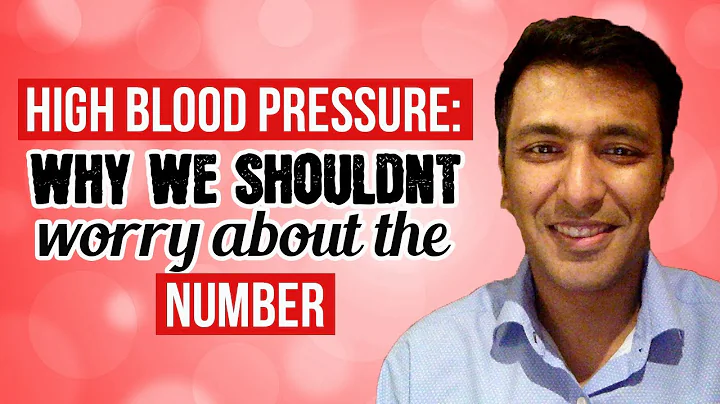Hypertension is a relatively common disease. Once you get this disease, you need to take antihypertensive drugs for a long time. Therefore, taking antihypertensive drugs has become a daily routine for patients with high blood pressure. We all know that when blood pressure is high, taking antihypertensive drugs can quickly lower it, but many people don't know that long-term use of antihypertensive drugs may also lead to potassium deficiency, causing harm to human health.
So, why does taking antihypertensive drugs cause potassium deficiency? What harm does potassium deficiency cause to the body? Let’s have a chat with you today.

Why do patients with hypertension suffer from potassium deficiency?
First, long-term use of certain antihypertensive drugs , these antihypertensive drugs are likely to cause hypokalemia, such as hydrochlorothiazide, chlorthalidone, indapamide, furosemide, torasel m etc.
The second is patients with secondary hypertension . When these patients develop primary hyperaldosteronism , the adrenal cortex tends to secrete too much aldosterone , causing the body to excrete too much potassium ions. , storing too much sodium ions , so that blood volume increases, resulting in hypertension accompanied by hypokalemia . Therefore, once this happens, you must go to the hospital for examination in time.

So when patients with high blood pressure develop symptoms of hypokalemia, they should stop taking medication immediately?
This is not the case. Once patients with high blood pressure have such symptoms, they must first consult a doctor and decide whether to stop taking the medicine based on the doctor’s diagnosis. In addition, patients with high blood pressure can also take appropriate potassium supplements and eat more while taking the medicine. Some potassium-rich foods.

Potassium deficiency is more dangerous than calcium deficiency! What are the symptoms of potassium deficiency?
Potassium ion is a very important cation for the human body. It can maintain the normal physiological functions of muscles, nerves and cells. If too much potassium ion is lost in the body, it will cause serious harm to the body.
There are two main reasons for low potassium in the human body. One is insufficient intake of . If the potassium content in the food we usually eat is too low, it will lead to hypokalemia; the other is excessive potassium excretion. That is, sudden vomiting, diarrhea, etc. cause the body to lose a large amount of potassium ions, resulting in hypokalemia. Usually potassium <3.5mmol/L is hypokalemia.

The following physical symptoms may occur when you are deficient in potassium.
 . Gastrointestinal tract: usually abdominal distension, urinary retention, constipation will occur. In severe cases, paralytic intestinal obstruction may also occur.
. Gastrointestinal tract: usually abdominal distension, urinary retention, constipation will occur. In severe cases, paralytic intestinal obstruction may also occur.
 . Muscle: Symptoms such as muscle pain, myasthenia , muscle spasm may occur. If the condition continues to worsen, the patient may also experience paralysis, respiratory failure and other conditions.
. Muscle: Symptoms such as muscle pain, myasthenia , muscle spasm may occur. If the condition continues to worsen, the patient may also experience paralysis, respiratory failure and other conditions.
 . Heart: Patients with mild symptoms may experience premature atrial contractions, sinus tachycardia, , while patients with severe symptoms may experience supraventricular tachycardia, , ventricular fibrillation, or even cardiac arrest.
. Heart: Patients with mild symptoms may experience premature atrial contractions, sinus tachycardia, , while patients with severe symptoms may experience supraventricular tachycardia, , ventricular fibrillation, or even cardiac arrest.
4. central system : Mainly manifested by symptoms of indifference, fatigue and listlessness. When the situation is serious, the reaction will become slow and easy to fall asleep, or even coma.
Calcium deficiency in the human body generally presents with symptoms such as body pain, osteoporosis , soft teeth, and leg cramps. The symptoms are relatively mild, so potassium deficiency is much more dangerous than calcium deficiency.

How to supplement low potassium
For patients with mild symptoms, it is generally recommended to take potassium orally, such as potassium chloride. Or eat more foods rich in potassium, such as vegetables, celery, spinach, leeks, potatoes, cabbage, beans; fruits, lemons, oranges, grapefruits, watermelons, oranges, bananas; beans, mung beans, soybeans, black beans , red bean ; at the same time, blood potassium should be monitored regularly. Patients with severe symptoms are advised to go to the hospital for treatment in time.However, you must not supplement too much potassium, otherwise hyperkalemia will occur, which will also cause harm to the body.
In addition, it is also necessary to reduce sodium intake. It is recommended that patients go to the supermarket or buy low-sodium salt online, or control salt intake every day and never eat too much.

Hypokalemia caused by taking antihypertensive drugs is a relatively common problem. Generally, as long as potassium is replenished in time, there will be no major problems, so don't worry too much . However, patients with high blood pressure must pay attention to their physical condition. Once certain abnormalities occur in the body, they must go to the hospital for a physical examination in time. Do not ignore the symptoms just because they are mild, otherwise major problems may occur.





















